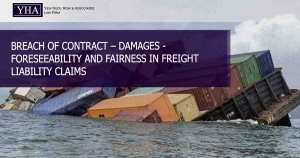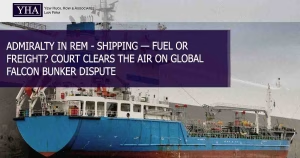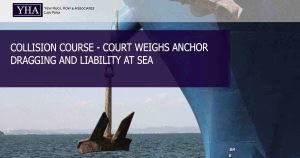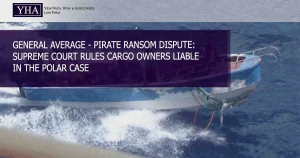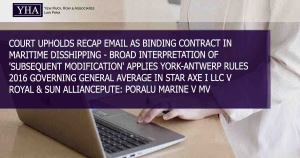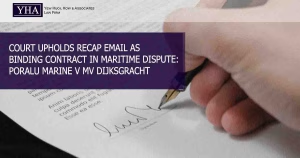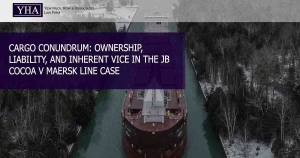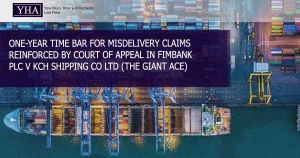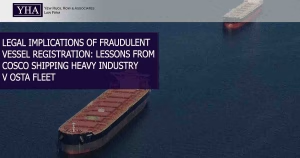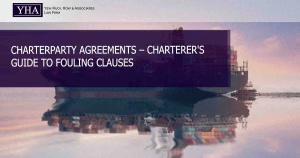
CHARTERPARTY AGREEMENTS – CHARTERER’S GUIDE TO FOULING CLAUSES
In maritime charterparty agreements, fouling clauses outline who is responsible for the costs and time associated with hull cleaning when marine organisms accumulate due to specific operating conditions. These clauses are crucial for clarifying liabilities, particularly when charterers operate in warm, bio-rich waters or leave vessels idle, as fouling can significantly impact performance and fuel efficiency. Understanding the scope of a fouling clause helps charterers navigate potential costs and ensure clear terms for post-redelivery responsibilities, as highlighted in cases like The “Globe Danae” [2024] 1 Lloyd’s Rep. 309.

